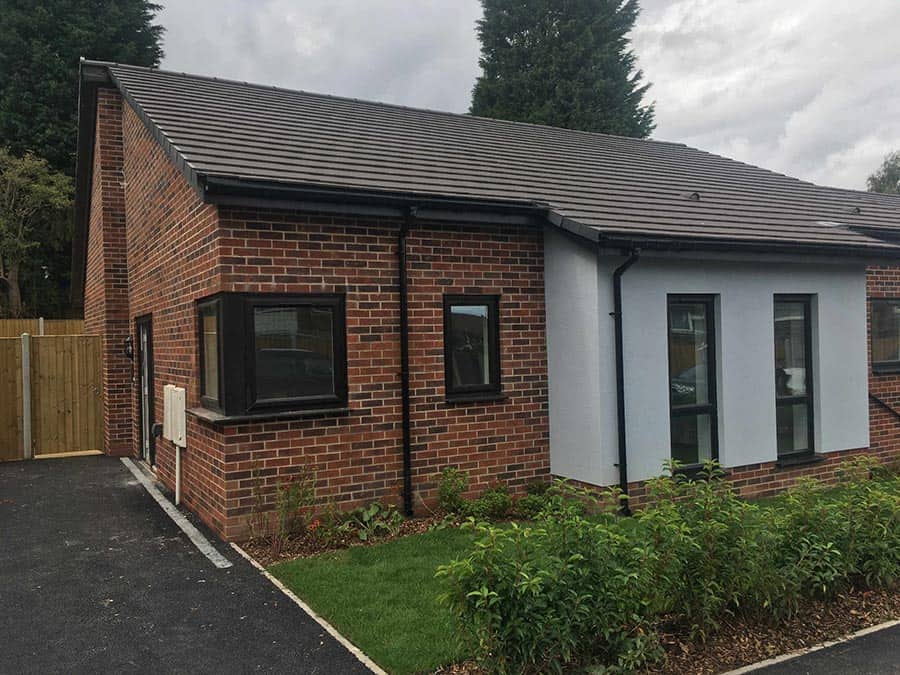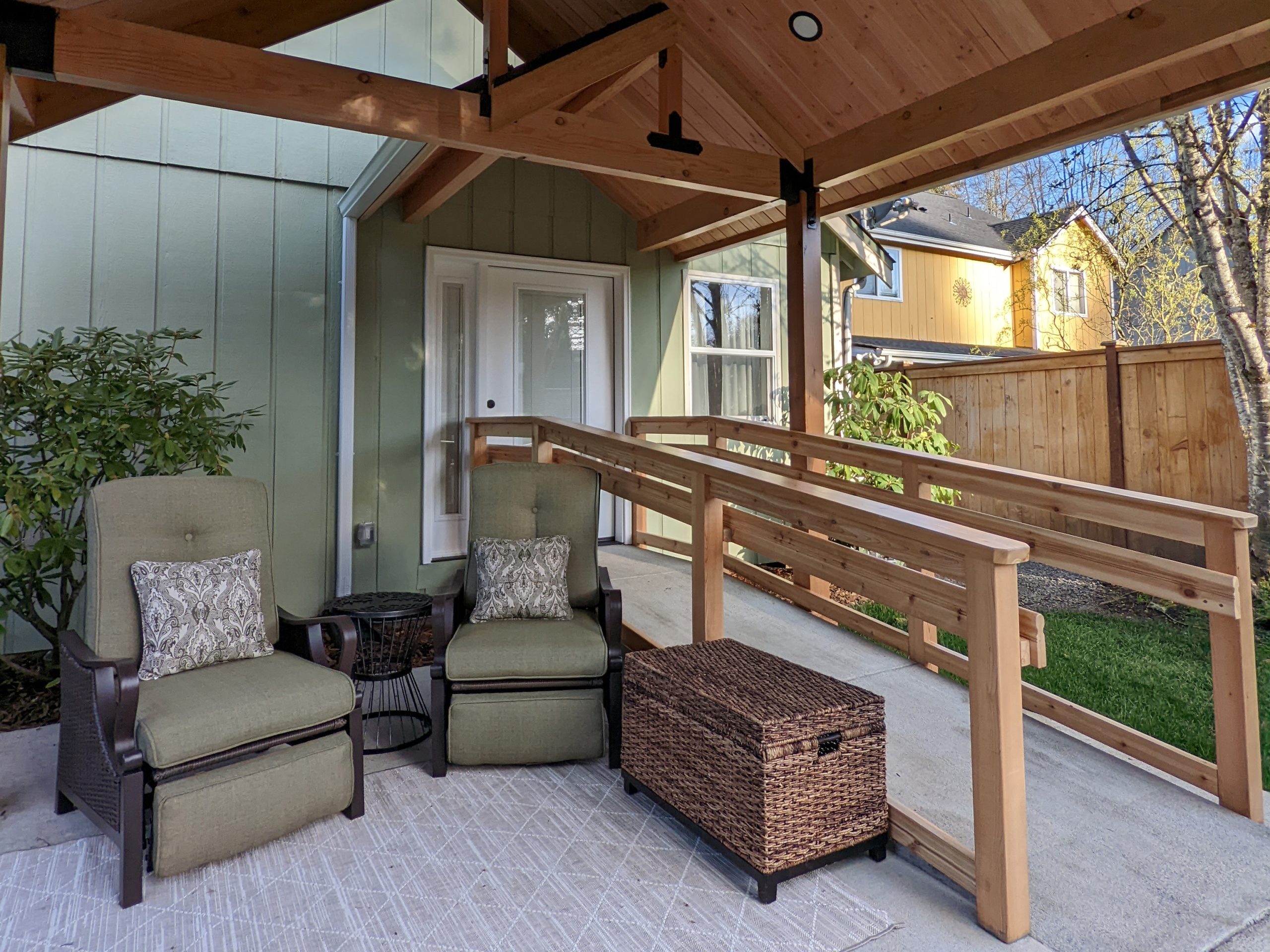How Much Does It Cost to Dig a New Basement in the UK?

For homeowners looking to maximise their living space, excavating a new basement can be an attractive solution. However, the process is complex, involving structural work, waterproofing, and planning considerations. A basement conversion can significantly enhance a property’s functionality and value, providing additional rooms for living, working, or entertainment. One of the key questions homeowners ask is: how much does it cost to dig a new basement in the UK? Understanding the cost breakdown can help homeowners make informed decisions and budget effectively for their project.
Beyond financial considerations, homeowners should also evaluate the practical implications of a basement excavation. Factors such as disruption to daily life, potential planning restrictions, and the time required for completion should all be taken into account. Additionally, working with experienced professionals ensures that the project is carried out safely, efficiently, and in compliance with building regulations, reducing the risk of unexpected complications.
Factors Affecting the Cost of a New Basement
The cost of basement excavation varies significantly depending on several key factors:
Size and Depth of the Basement
The larger and deeper the basement, the higher the excavation and construction costs. A single-storey basement will generally cost less than a multi-level basement requiring deeper digging and additional support structures. Larger basements also require more extensive waterproofing and drainage solutions, further increasing costs. Additionally, deeper excavations may involve additional engineering complexities, such as reinforced retaining walls and foundation modifications.
Ground Conditions and Site Access
Soil type, water table levels, and underground obstructions (such as utilities or tree roots) can impact excavation costs. Restricted access in urban areas can also make excavation more challenging, requiring specialist equipment. In some cases, difficult ground conditions may necessitate additional stabilisation work, adding to overall costs. Homeowners in densely populated areas may also face logistical challenges, such as road closures or restricted working hours, which can affect both timelines and expenses.
Structural Reinforcement and Underpinning
For properties where excavation takes place beneath an existing structure, underpinning may be necessary to reinforce foundations. This can be a costly but essential step to ensure structural integrity. The type of underpinning required will depend on the building’s existing foundation and soil conditions, with traditional mass concrete underpinning being more affordable but time-consuming. In contrast, piled underpinning methods offer greater stability but come at a higher price, particularly in areas with weak or shifting soil.
Waterproofing and Drainage Systems
Basements are prone to damp and water ingress, making waterproofing a crucial component. The cost will depend on whether a tanking system, cavity drainage system, or external waterproofing is required. High water table levels may necessitate the installation of sump pumps and additional drainage solutions, further increasing costs. Investing in a robust waterproofing system from the outset can prevent costly remediation work in the future, ensuring the basement remains dry and habitable.
Planning Permission and Regulatory Compliance
Planning permission may be required for basement excavation, particularly in conservation areas or listed buildings. Additionally, compliance with Building Regulations will add costs for structural assessments and inspections. Homeowners may also need to obtain a Party Wall Agreement if the excavation impacts shared boundaries, adding legal and surveyor fees to the budget. Engaging with local planning authorities early in the process can help prevent costly delays and ensure compliance with all necessary regulations.
Finishing and Fit-Out Costs
Beyond the structural work, homeowners must also consider the cost of interior finishes, including flooring, lighting, heating, ventilation, and any additional features such as bathrooms or kitchens. High-end finishes, bespoke design elements, and smart home technology integration can significantly increase costs. Additionally, considerations such as soundproofing and insulation are essential to creating a comfortable and energy-efficient living space, particularly if the basement will be used for entertainment or home office purposes.
Estimated Costs of Digging a Basement in the UK
While costs will vary, here are some general estimates:
Basic excavation and structural work: £2,000 – £4,000 per square metre Waterproofing and drainage: £100 – £250 per square metre Underpinning (if required): £2,000 – £3,500 per linear metre Planning and design fees: £5,000 – £15,000+ Fit-out costs (flooring, lighting, heating, etc.): £1,500 – £3,000 per square metre
A basic new basement can cost around £250,000 – £500,000, while a high-specification basement with luxury finishes can exceed £1 million, especially in prime locations like London. These costs may also increase due to unforeseen site conditions, structural complexities, or changes in project scope. Homeowners should always include a contingency budget of at least 10-20% to accommodate unexpected expenses that may arise during construction.
Beyond these initial costs, homeowners should also consider the long-term expenses associated with maintaining a basement space. Proper ventilation, dehumidification, and periodic waterproofing maintenance are crucial to prevent moisture-related issues and ensure the longevity of the basement. Additionally, energy efficiency measures such as insulation and efficient heating solutions can contribute to lower running costs over time. Investing in high-quality materials and expert craftsmanship during construction can reduce the need for costly repairs in the future, making the basement a valuable and durable addition to the property.
How Loomin Can Help Reduce Costs and Streamline the Process
Given the complexities and high costs involved, working with a trusted and experienced architect is crucial to avoiding costly mistakes. This is where Loomin, a marketplace connecting homeowners with fixed-fee, ARB-registered architects, can provide an essential advantage. By selecting the right professional from the outset, homeowners can mitigate risks and ensure their basement project stays on track and within budget. Loomin provides a seamless and efficient way to access expert architectural services, simplifying the decision-making process for homeowners.
With Loomin’s SaaS-enabled platform, homeowners can:
Compare Fixed-Fee Quotes – Get transparent pricing from experienced architects, helping you plan your budget effectively. By comparing multiple options, homeowners can find a professional who aligns with their project needs, design preferences, and financial constraints. This eliminates the guesswork and reduces the likelihood of unexpected costs arising later in the project. Additionally, working with fixed-fee architects ensures that costs remain predictable, preventing budget overruns that can derail construction plans. Having clear, upfront pricing also allows homeowners to allocate funds effectively across different aspects of the basement conversion, from structural work to interior finishes.
Manage Design Reviews & Virtual Meetings – Collaborate with your architect remotely, reducing consultation costs and delays. Virtual design meetings ensure homeowners can stay actively involved in their project without the need for frequent in-person visits. This feature also facilitates quick revisions and real-time feedback, allowing for a smoother and more efficient design process. By leveraging digital collaboration tools, homeowners can reduce travel time and expenses while maintaining effective communication with their architect. Additionally, the ability to review and approve design changes remotely ensures that any issues are addressed promptly, preventing costly mistakes during construction.
Schedule Appointments & Track Progress – Keep your project on time and within budget. With real-time scheduling and progress tracking tools, homeowners can monitor each stage of their basement excavation and construction process. Automated notifications help keep all stakeholders informed, reducing the risk of delays due to miscommunication or scheduling conflicts. Having a clear timeline allows homeowners to plan around construction milestones, ensuring minimal disruption to their daily lives. Furthermore, real-time progress tracking enables early detection of potential setbacks, allowing for proactive problem-solving to keep the project on course.
Secure Payments & Access Key Documents – Ensure smooth transactions and document management. Homeowners can access contracts, invoices, and design documents in one central location, simplifying project oversight. Secure digital payment options provide added peace of mind, ensuring all financial transactions are protected and transparent. Keeping all documents organised digitally reduces the risk of lost paperwork, making it easier to reference agreements or resolve disputes if necessary. Additionally, automated payment processing helps ensure that architects and contractors are paid on time, preventing project delays caused by payment issues.
Match with Trusted Contractors – Find and onboard reliable professionals for excavation and waterproofing work. Loomin’s network includes vetted specialists who adhere to industry standards, ensuring high-quality workmanship. By streamlining the hiring process, homeowners can avoid unreliable contractors and minimise the risk of project setbacks. Access to a curated pool of professionals means that homeowners can choose from experts with proven track records, increasing confidence in the quality of work. Additionally, having a structured onboarding process ensures that all contractors are aligned with project expectations, reducing miscommunication and enhancing overall project efficiency.
By using Loomin, homeowners gain access to a streamlined, cost-effective approach to designing and managing their basement excavation project. With expert guidance and digital tools at their disposal, they can ensure a smooth and successful conversion from start to finish.
Conclusion
Digging a new basement in the UK can be a costly but rewarding investment. Understanding the factors that influence costs and working with the right professionals can make all the difference. Proper planning, waterproofing, and structural reinforcements are essential to ensuring the longevity and functionality of the space. By addressing these elements early in the process, homeowners can create a high-quality basement that enhances both their lifestyle and property value. Additionally, well-executed basement excavation can improve a property's energy efficiency by providing additional insulation and temperature regulation. With proper ventilation and moisture control, basements can become comfortable living spaces that seamlessly integrate with the rest of the home.
With Loomin, homeowners can connect with expert fixed-fee architects, ensuring transparency, compliance, and a well-managed project from start to finish. By leveraging technology and professional expertise, homeowners can navigate the complexities of basement excavation with confidence. A well-executed basement project can transform a property, providing additional space and long-term value for years to come. Furthermore, Loomin simplifies the search for qualified professionals, reducing the risk of costly mistakes and delays. With access to expert guidance, homeowners can make informed decisions that align with their budget and project goals, ensuring a successful outcome.
.png)


